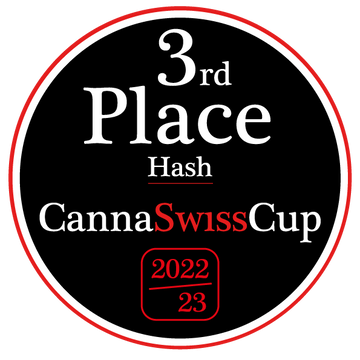Does CBD work for epilepsy?
Epilepsy is a neurological disorder characterized by recurrent seizures, which are sudden episodes of abnormal electrical activity in the brain. While there are a number of medications and treatments available to help manage epilepsy, they are not always effective, and many people with epilepsy continue to experience seizures despite treatment.
CBD has been shown to have a number of potential therapeutic effects, including anti-inflammatory, analgesic (pain-relieving), and anxiolytic (anxiety-reducing) effects. These effects may be particularly relevant for epilepsy, as inflammation and oxidative stress in the brain are thought to play a role in the development of seizures, and anxiety and stress may exacerbate seizure activity.
CBD (cannabidiol), a compound found in the cannabis plant, has been gaining increasing attention as a potential treatment for epilepsy, particularly in cases where other treatments have been ineffective. Here is a closer look at the current research on CBD and epilepsy:
There is a growing body of evidence to suggest that CBD may be effective in reducing the frequency and severity of seizures in some people with epilepsy. In 2018, the US Food and Drug Administration (FDA) approved the use of a CBD-based medication called Epidiolex for the treatment of two rare and severe forms of epilepsy, Lennox-Gastaut syndrome and Dravet syndrome. The approval of Epidiolex was based on several clinical trials that demonstrated the effectiveness of CBD in reducing the frequency of seizures in people with these conditions.
CBD for epilepsy: the evidence
There is a growing body of evidence suggesting that CBD may be effective in reducing seizure activity in some people with epilepsy. Here are a few examples of the research in this area:
- A 2018 review of the existing literature on CBD and epilepsy found that CBD was associated with a significant reduction in seizure frequency in several studies of people with epilepsy, including those with treatment-resistant epilepsy.
- A 2021 systematic review and meta-analysis of randomized controlled trials on CBD and epilepsy found that CBD was associated with a significant reduction in seizure frequency and severity in people with treatment-resistant epilepsy.
There is also evidence from other studies to support the use of CBD as a treatment for epilepsy. For example, a 2018 review published in the journal Neurology found that CBD was able to significantly reduce the frequency of seizures in people with epilepsy, with a median reduction of 36.5%.
A 2017 study published in the New England Journal of Medicine also found that CBD was able to significantly reduce the frequency of seizures in people with Lennox-Gastaut syndrome, with a median reduction of 44%.
While these results are promising, it is important to note that more research is needed to fully understand the effects of CBD on epilepsy and to determine the optimal dosage and duration of treatment. Additionally, CBD is not currently approved by the FDA for the treatment of any other forms of epilepsy beyond Lennox-Gastaut syndrome and Dravet syndrome. As with any new treatment, it is always important to consult with a healthcare provider before starting use of CBD or any other complementary or alternative therapy.
Conclusion:
there is evidence to suggest that CBD may be effective in reducing the frequency and severity of seizures in some people with epilepsy, particularly those with Lennox-Gastaut syndrome and Dravet syndrome. While more research is needed to fully understand the effects of CBD on epilepsy and to determine the optimal dosage and duration of treatment, the FDA has approved the use of a CBD-based medication called Epidiolex for the treatment of these conditions. However, it is important to note that CBD is not currently approved by the FDA for the treatment of any other forms of epilepsy and that it is always important to consult with a healthcare provider before starting use of CBD or any other complementary or alternative therapy.

















